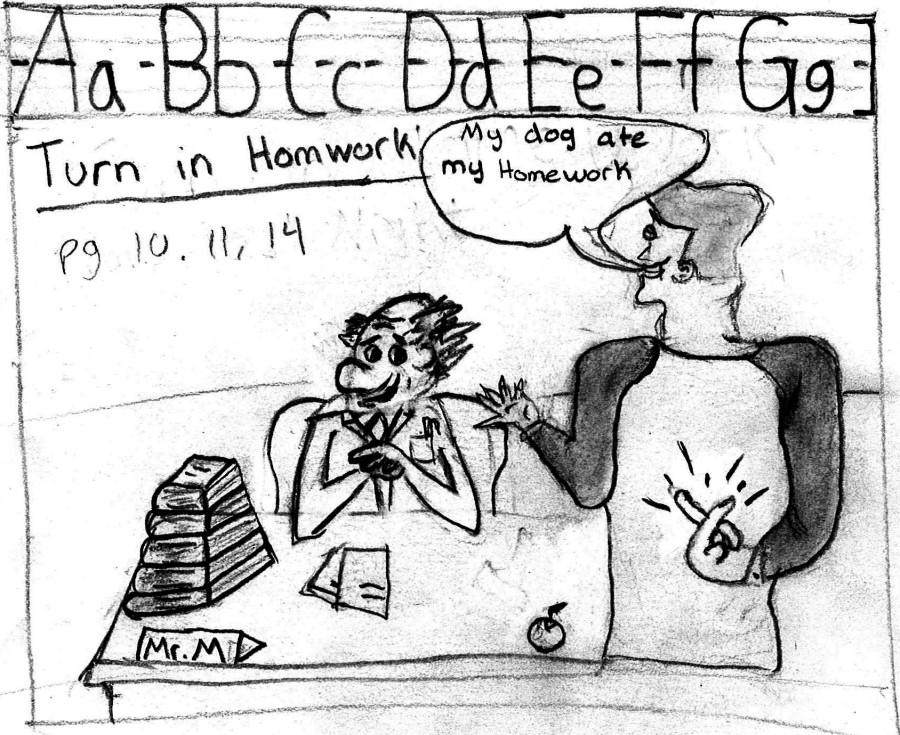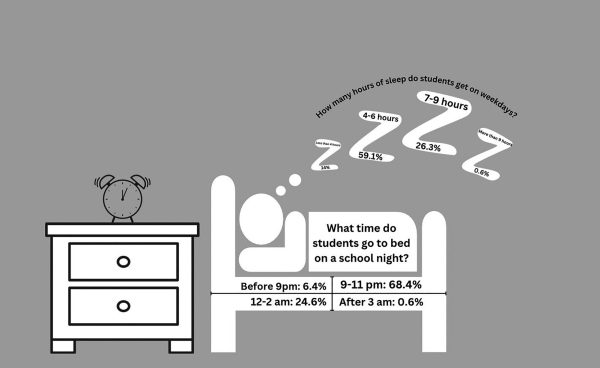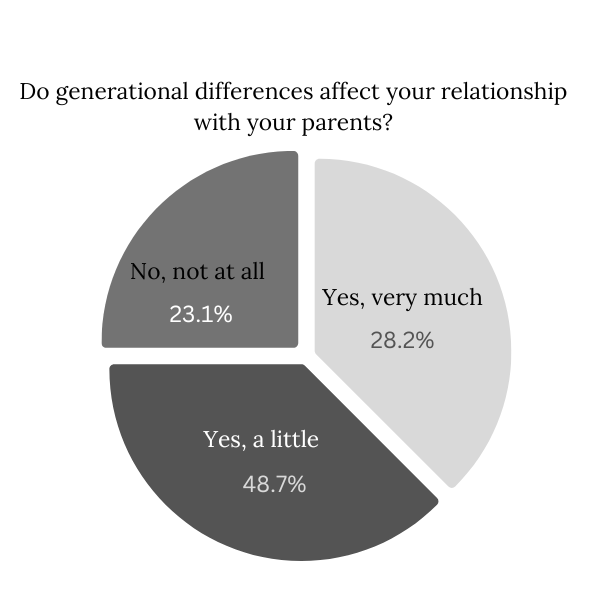Little white lies
December 12, 2014
Imagine a situation where a child is given several pairs of unattractive socks by their grandparents and has to fake happiness. Now imagine a student cheating off an unsuspecting classmate and pretending the grade was due to their own effort. Both are lies, meaning both must be equally bad, right?
While some may say that lying is in human nature, a sort of defense mechanism in order to avoid trouble, lying is the intentional act of trying to deceive; something serving to convey a false impression.
There have even been studies that show people unable to go without lying for ten minutes according to U.S. News Health’s article “We’re All Lying Liars: Why People Tell Lies, and Why White Lies Can Be OK”.
However, it is safe to say that in real life, lying is not received well. Although this is true, many still differentiate “harmless” and “bad” lies, choosing certain lies as more harmful than others.
“White lies can be the most harmful because not only does it give someone a false sense of confidence, but if they find out you lied, the friendship could be ruined,” junior Michael Frieh, said.
Many view lies concerning relationships to be the most harmful.
“If you love someone you shouldn’t have to lie,” senior Cami Tokarski, said.
“If you are going to lie, why are you even in one [relationship],” junior Marcos Lopez, said.
However, there are those who do not see any lie as less harmful.
“I actually see all lies harmful, because even if it’s just a white lie it could still end up hurting someone,” freshman Shannon Tierney, said.
Although the opinions vary, the most prevalent thing considered are a person’s feelings when considering a lie harmful.
“The type of lies that hurt are the ones the people you trust say about you,” freshman Lily Hohenwater, said.











